Katrina's Classroom
Katrina's Classroom: Teaching Money Skills for Life is a four-part curriculum unit designed for personal finance-related high school classrooms.
{{searchResultSnippet}}
 Back to All
Back to All
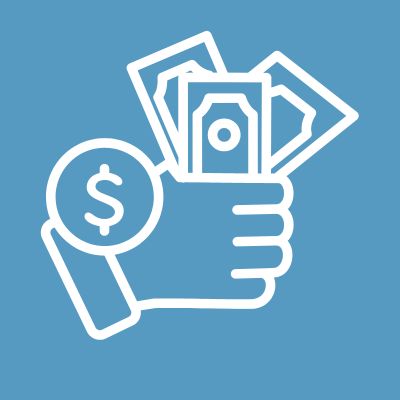
Even though renting an apartment or buying a home may be a long time off, by using a budget, learning a decision-making process, and taking steps to establish credit, people can be more prepared when the time comes. This video assignment provides some of the basics when it comes to mortgages.
Right now, you’re probably focused on shorter term goals other than your first home, but have you thought about where you might want to live in 5 or 10 years?
Perhaps you picture yourself in a in a big city, maybe in a downtown, high-rise apartment or owning your own home with a backyard, garden, or maybe even on a beach.
While it seems like a long time from now, it’s a good idea to familiarize yourself with some important concepts that can affect your future housing choices. In this PF 101 conversation, we’ll go over several aspects of housing decisions.
Whether you decide to rent or own your own home, there’s a lot to consider. One of the best ways to prepare yourself financially is by using a budget—which you can start now. A budget can help you avoid financial stress, set aside some of your income for school, a vehicle, your first apartment, or even a house.
We’ll discuss renting now, then move on, to mortgages. Whether you decide to rent or own, the property manager or bank will examine your credit history—your payment activity over time.
Credit is using of someone else’s money, usually a bank or other institution, for a fee. The fee is interest and is generally expressed as a percentage. Banks and other institutions pay you interest for keeping money in accounts with them and they make loans to other customers.
You establish a good credit history by paying bills on time and not borrowing more than you can pay back. Good credit is one step to qualify for future choices such as renting an apartment or buying a home. Lenders use credit history to decide whether to extend credit and at what interest rate. Higher credit scores typically lead to more favorable interest rates because the risk of default is low, and vice versa. Lower credit scores typically lead to less favorable interest rates because the risk of default is higher.
Economics teachers are quick to point out, “There Is No Such Thing As A Free Lunch.” There are costs and benefits to renting or owning a home. When you’re making a big decision like whether to rent or buy a home, using a P.A.C.E.D decision-making grid can be helpful.
Here are some things to consider: In a rental you would most likely not have to pay for routine property maintenance and renter’s insurance is much less expensive than homeowners’ insurance because you don’t pay to insure the structure. It’s easier to move from a rental because you’ll probably have a 6 month or 1-year lease. You can give notice according to the lease terms and move out. If you own a home, you have to sell it or find another solution before you can move somewhere else. You’d probably pay more in property taxes, too, depending on the terms of the rental agreement, but there are many reasons people buy homes.
Home ownership is important to people for a variety of reasons. Some want to be able to garden, build a deck or tear down a wall, which may not be possible in a rental. There’s also the possibility of building equity, or value, in the home. Part of each monthly payment goes toward interest and part toward the principal—the amount originally borrowed. The value of houses can rise and fall, though, and that can affect the amount of equity in a home, too.
Once you’ve decided on the criteria, fill in the P.A.C.E.D grid, using +/- signs or a number system to help determine how well owning or renting will meet your needs. You can weight criteria if some things are more important to you than others.

Katrina's Classroom
Katrina's Classroom: Teaching Money Skills for Life is a four-part curriculum unit designed for personal finance-related high school classrooms.

Cards, Cars, and Currency: The Car-Buying Journey
Explore smart car buying and learn about budgeting, financing options, contract terms, and ownership decisions.
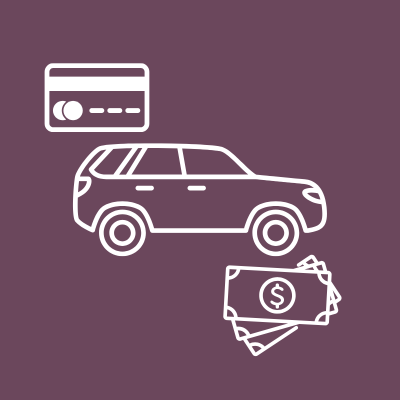
The Car Deal Package
Evaluate the decisions students make when purchasing a car.
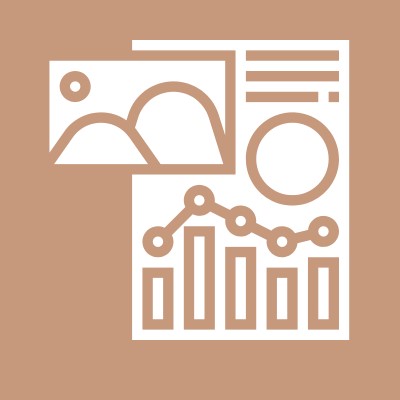
Infographic Posters
Browse infographics for your classroom.
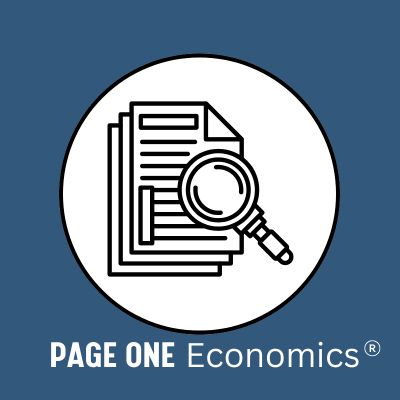
Credit Cards: The Trillion-Dollar Debt
Dive deep into credit cards and all aspects of being a cardholder.
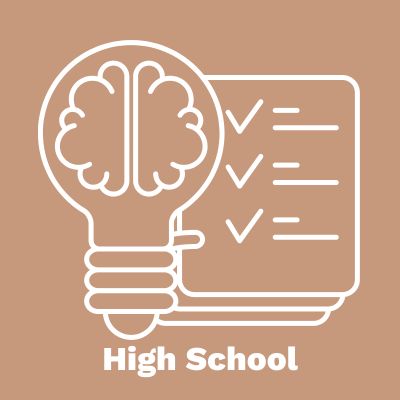
Bankruptcy Basics
Learn about the two types of bankruptcies used by consumers: Chapter 7 and 13.
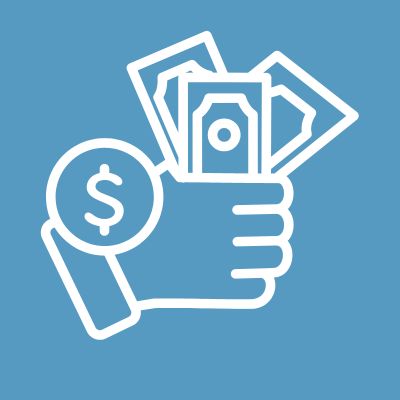
College Choice 101: Choosing the Right College for You
Develop a framework for making decisions about college.

College Choice 101: For-profit, Nonprofit, and Your College Options
Examine the costs and benefits of various post-secondary education options.

College Choice 101: Financial Aid
Explain various financial aid options for attending college.

College Choice 101: FAFSA
Provide an overview of the Free Application for Student Aid, or FAFSA.

Car Insurance 101: Coverage and Cost Basics
Introduce car insurance coverage and cost basics.

Car Insurance 101: Types of Coverage, Optional Add-ons, and Possible Discounts
Discuss types of car insurance coverage, optional add-ons, and possible discounts.

Banks and Alternatives 101: Intro
Look at the costs and benefits of using alternative financial services.

Banks and Alternatives 101: Tax Refund Fees
Examine offers by tax preparers to get your refund faster than normal.

Banks and Alternatives 101: Fees, Fees and More Fees: It all Adds Up
Weigh the benefits and costs of rent-to-own and “buy here, pay here” options.

Forms 101: Filling out the I-9 Form
Introduce the I-9 form.
{{resourceTitle}}
{{resourceBlurb}}